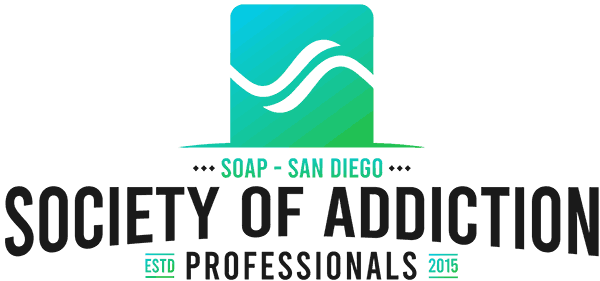In treatment, there is a lot of talk about what tools you can use to help you stay clean. Mediations, mindfulness, exercise, and simply picking up the phone are often mentioned as important tools that can help you with stress and everyday life. But what about overcoming negativity and dealing with your bad days? Many people use journaling to help them stay focused on the positives in life, and you can, too!
Journaling is a great way to help you not only grow but explore your progress. After all, writing things down has been shown to help us process them more clearly.
A lot of people think of journaling as something that’s synonymous with keeping a diary. A lot of us kept diaries when we were younger, with a little lock and key to keep our secrets about crushes and school problems. But journaling isn’t meant for chronicling our days. Instead, it helps us gather our thoughts and be creative about our problems. Journaling can help you re-center yourself and change your thinking. You can use journaling in highly creative ways to help you learn more about yourself and focus on the positive in recovery.
Let’s look at 3 ways you can journal to help you grow and stay positive.
- Keep a Daily Gratitude List: Keeping a gratitude list is a common recommendation for people in recovery, and that’s because it works. It’s even to feel glum or negative when you’re under stress or struggling with daily life. A gratitude list can help you focus on the positive, even if it’s simple stuff. For example, you may have had a cruddy day and can’t think of one thing that has happened to you that makes you feel good. But maybe you got to have your favorite coffee beverage or dessert for lunch. (Even if your food wasn’t your favorite, if you liked what you ate, that’s something to be grateful for! Yes, a cookie, orange, or other fun snack is a starting point.) Try to list 3 things every day that you’re grateful for. Do this at the end of the day, and re-read every week to re-center yourself positively.
- Record your accomplishments: Did you speak in a meeting that you were nervous about? Did you fill out some job applications or get a commendation at work? These are things to be proud of, and by writing about it, you’ll process those feelings and gain self-confidence. And of course, every day clean and sober is an accomplishment. So if you’re struggling with thinking of accomplishments, start there. You can always ask others what growth they see in you to help you gain a new perspective.
- Write about what you are looking forward to: Are you going out to dinner tomorrow night? Sharing a friend’s special recovery birthday? Going to the beach for some surf time? Simply ready for some R&R on your day off? Take a few moments each day to look ahead to some of the brighter things in life. Looking forward to things is a great way to help you motivate yourself and appreciate all of the small joys in recovery.
Journaling is a fun and easy tool to apply in recovery, and it’s a great way to help you out of a funk or blue period. Don’t be a perfectionist or worry about your grammar or spelling. You don’t need to share your journal entries unless you want to. In a few years, you may want to look back at your older journals to see how far you’ve come!
Are you looking for a sober living situation?
Being around other people in recovery can help you stay on track and transition back to your everyday life. Living with people in recovery certainly has an advantage for people new to sobriety; after all, there are always peers who know what you’re going through.
Check out our directory for more information about sober living options.

